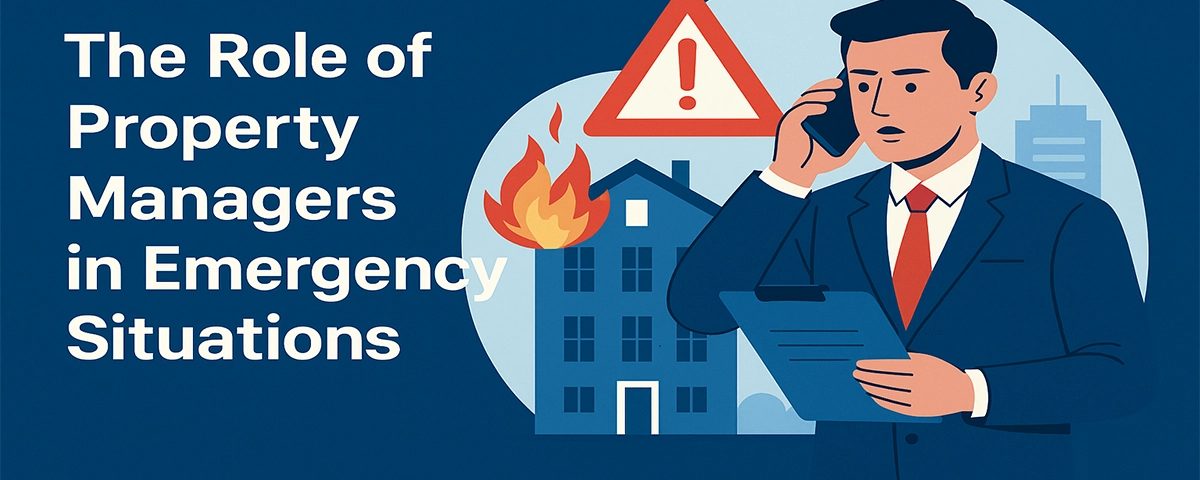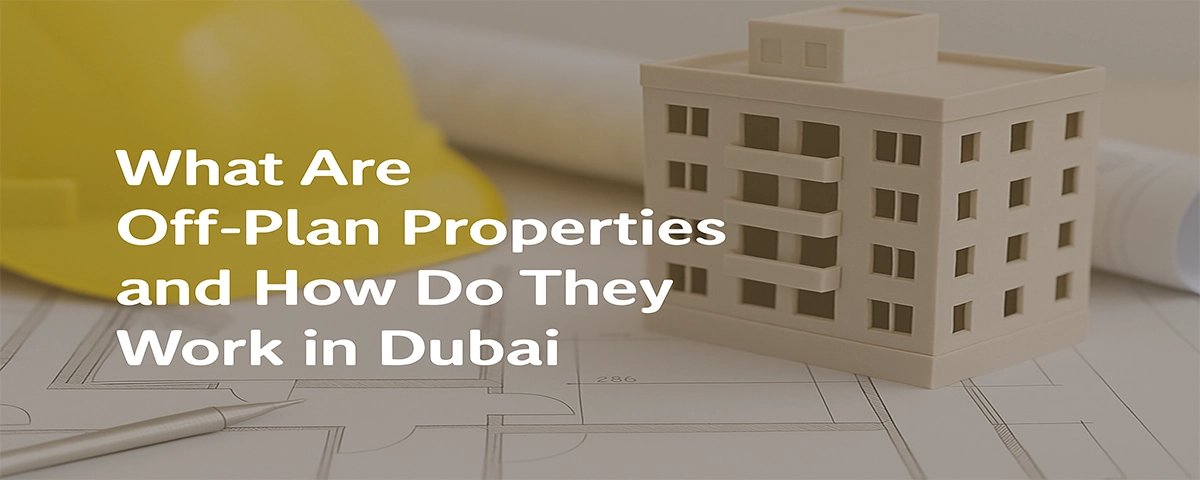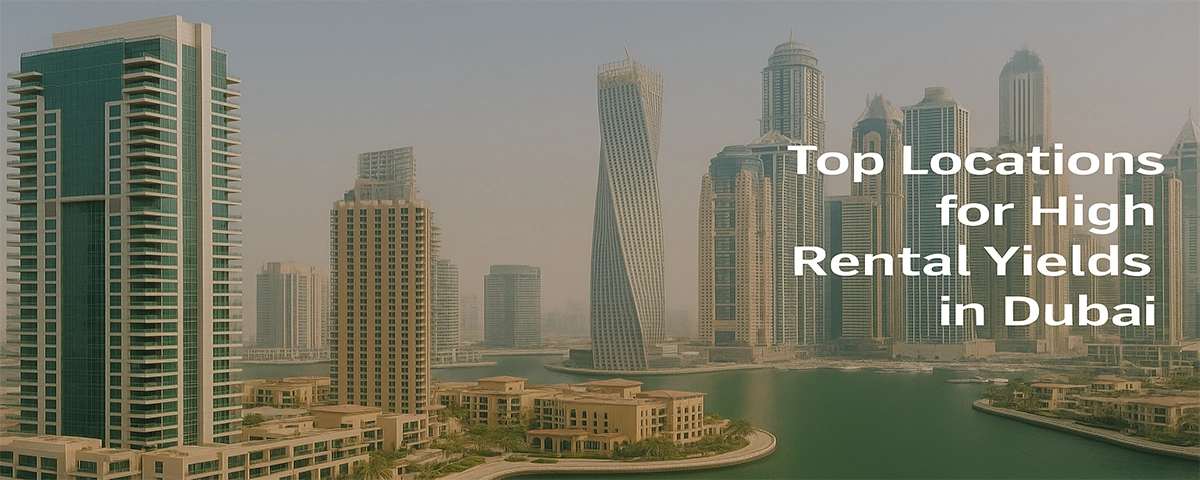Emergencies – whether it’s a fire, flood, gas leak, or security threat – can disrupt lives, damage property, and cost thousands in repairs. At such times, a property manager plays a significant role. In a vibrant real estate market such as Dubai, professional property managers should not only maintain the properties but should also be quick and decisive in times of emergencies. Their coordinating, communications, and taking charge abilities make sure that tenants are safe and assets are preserved.
Let’s break down how effective property management in Dubai serves as a vital pillar of emergency preparedness and response and what is the role of property managers in emergency situations.
Role Of Property Managers In Emergency Situations:
1. Emergency Planning: Preparedness Is Protection:
A great property manager anticipates emergencies and does not wait until they happen. Planning involves:
- Developing of site-specific emergency response plans
- Making sure that all the fire alarms, extinguishers, and exits are in accordance with regulations laid down by the Dubai Municipality
- Collaboration with the local emergency vendors (electricians, plumbers, safety inspectors)
- Periodic fire drills and safety checks
2. Crisis Management: On-Ground Action:
Property managers are swift in action when disaster strikes.
They are usually the first ones:
- Call emergency services
- Organize evacuations
- Kill services in order to forestall escalation
- Protect the premises against additional risk or harm
In the high-density development where property leasing in Dubai is the order of the day, quick and decisive action in an emergency situation is very crucial in saving the lives of the tenants and maintaining their trust.
3. Tenant Communication in Real-Time:
Updating tenants and ensuring they are calm is one of the most paramount roles of a property manager during an emergency.
Effective managers:
- Send real-time notifications through WhatsApp groups, emails or SMS alerts
- Describe evacuation or lockdown procedures
- Direct tenants on what to do now and reassure them during the incident
- Offer post incident support such as insurance advice and short-term housing
This level of tenant communication is critical, and it reinforces why investing in property leasing Dubai with full-service management leads to long-term satisfaction and retention.
4. Post-Emergency Recovery & Damage Control:
When the emergency is over, the task of the property manager switches to recovery:
- Investigate and evaluate damage of property
- Record insurance claims as evidence
- Contract repair and restoration done by hiring and overseeing contractors
- Make sure the property is restored to an inhabitable and compliant condition
This recovery process is smoothest when documentation is in order – which is where having a valid Ejari comes into play. In our blog What is Ejari and Why Is It Important in Property Management, we have explained how this legal document supports insurance claims and validates tenant contracts during emergencies.
5. Compliance, Reporting & Future Readiness:
The last stage of emergency management is reflection and compliance:
- Write comprehensive accounts of the incident and response
- Assess the loopholes and update the emergency response plan
- Educate employees and residents on the basis of new knowledge
- Make sure that RERA and Dubai Civil Defence laws are followed in an ongoing fashion
These measures will finish the cycle, getting the property ready in case of future emergencies and ensuring operational excellence.
Conclusion:
The property managers are the calm in the storm that tenants and landlords need in the unpredictable world. They are the backbone of building safety and resilience in terms of strategic planning, on-the-ground coordination, reassuring tenants, and carrying out recovery at scale.
If you’re serious about property investment in Dubai or looking to optimize your property leasing Dubai portfolio, employing a competent property manager is not only a clever thing to do, it is a necessity. Emergencies never wait, but when you have the right team, your response can be timely, tactical and without stress.
Frequently Asked Questions (FAQs):
Q1: What are the kinds of emergencies that property managers in Dubai usually deal with?
The most common include fires, floods, gas leaks, electrical failure, elevator failure, break-ins, and tenant health crisis.
Q2: Who should tenants call first, emergency services or property manager?
Immediately call emergency services but notify the property management immediately after- they will organize building response, repairs and insurance.
Q3: What are the ways in which property managers assist tenants after the emergency?
They advise on claims, find temporary housing in case of necessity, clean-up, and restore the functionality of the property as soon as possible.
Q4: Does it matter to have Ejari in case of an emergency?
Absolutely. Ejari registration confirms tenancy and eases the legal and insurance procedures. It is an important aspect of documenting and resolving emergencies.



